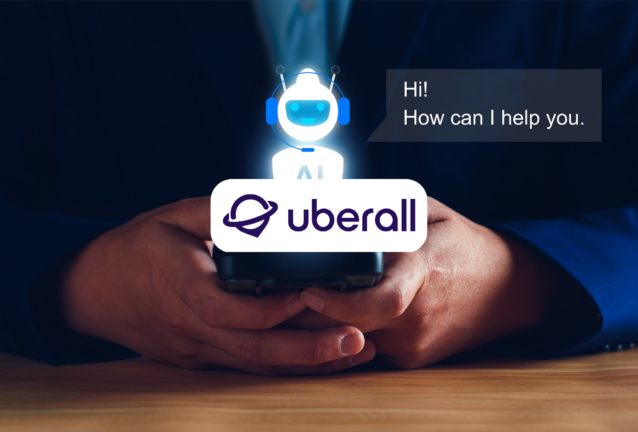The impact of AI has grown significantly in all spheres of our lives, but can it truly replace real jobs? The latest report by Indeed showed that regardless of its impact, only a relatively small fraction, 19.8%, of jobs are deemed "highly" susceptible to GenAI, indicating that while this technology can acquire the ability to carry out specific tasks within certain roles, it is unlikely to entirely replace a significant number of jobs.
Indeed has published the Indeed AI at Work Report, which comprehensively examines the influence of Generative Artificial Intelligence (GenAI) on jobs and the corresponding skill requirements. The research concludes that all jobs listed on Indeed, spanning various fields, such as truck driving and software engineering, have skills that can be performed or enhanced with GenAI.
“There’s no doubt GenAI is a powerful leap in technology that will impact all jobs, particularly those within the tech sector, and the labor market as a whole. Our research shows that GenAI is less likely to replace an entire job, but rather serve as a tool to augment or streamline parts of a job. Going forward, we’ll likely see a variety of jobs reworked and reimagined by employers, including new jobs being created over time because of GenAI’s fast-growing influence,” said Svenja Gudell, Chief Economist, Indeed.

Indeed's AI at Work Report analyzed over 55 million job listings on their platform and evaluated 2,600 job skills to determine the extent of exposure to Generative Artificial Intelligence (GenAI) for various jobs and the corresponding skill requirements.
The analysis revealed that software development roles had the highest potential exposure, with GenAI excelling in 95% of the skills mentioned in job listings. Conversely, driving jobs like truck and taxi drivers had the lowest potential exposure, with GenAI proficient in less than a third (29%) of the skills mentioned. Retail positions fell in between, with GenAI handling 57.6% of the required skills effectively.
Levels of AI exposure to different jobs
Indeed's AI at Work Report revealed that of all jobs listed on Indeed, approximately 19.8% are highly exposed to Generative Artificial Intelligence (GenAI). This classification means that GenAI is proficient, rated as "good" or "excellent," in performing 80% or more of the skills typically mentioned in job postings. Additionally, 45.7% of jobs on Indeed are moderately exposed to GenAI, indicating that GenAI can perform between 50% and less than 80% of the required skills for these positions.
Furthermore, 34.6% of jobs on the platform are categorized as low or minimally exposed to GenAI, indicating that GenAI can perform less than 50% of the skills required for these roles.
Among the various job categories, software development jobs emerge as having the highest potential exposure to GenAI augmentation. In software development postings, GenAI demonstrates proficiency, rated as "good" or "excellent," in an impressive 95% of the required skills, encompassing a wide range of technology and business operations skills.
In contrast, driving-related jobs, such as truck and taxi drivers, have the least potential impact from GenAI. GenAI is proficient in only 29% of the skills mentioned in job listings for these roles. While GenAI exhibits proficiency in language and communication skills, its performance in vehicle operation skills is notably lacking.
Furthermore, the report highlights that GenAI excels in technical skills and jobs but falls significantly short in areas that require intuition reasoning or involve in-person and manual work. Interestingly, jobs with the least potential exposure to GenAI, including driving, cleaning and sanitation, and beauty and wellness positions, also tend to have the lowest potential for remote work. The report indicates that the more a job can be performed remotely, the higher its potential exposure to transformative changes driven by GenAI.









